Distinguished friends
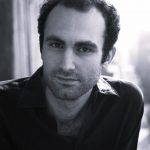 Khalid Abdalla
Khalid Abdalla Maria Adebowale-Schwarte
Maria Adebowale-Schwarte Sukhpal Singh Ahluwalia
Sukhpal Singh Ahluwalia Rajesh Agrawal
Rajesh Agrawal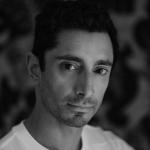 Riz Ahmed
Riz Ahmed Sughra Ahmed
Sughra Ahmed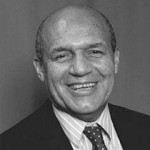 Keith Ajegbo
Keith Ajegbo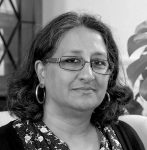 Claire Alexander
Claire Alexander Kitty Arie
Kitty Arie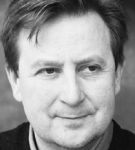 Julian Baggini
Julian Baggini Zelda Baveystock
Zelda Baveystock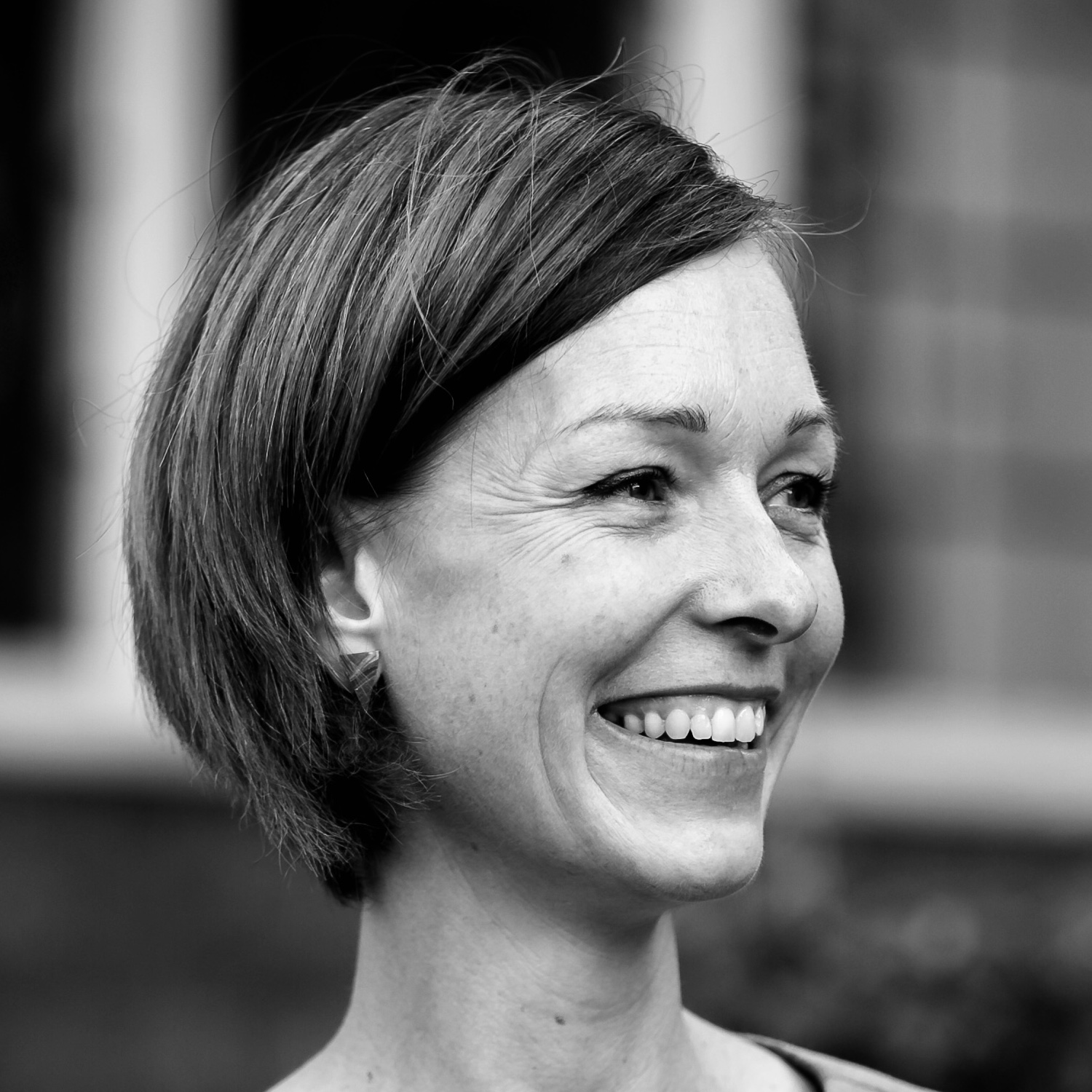 Haidee Bell
Haidee Bell Richard Beswick
Richard Beswick Dinesh Bhugra
Dinesh Bhugra Karan Bilimoria
Karan Bilimoria Geoffrey Bindman
Geoffrey Bindman Karen Blackett
Karen Blackett Nicholas Blake
Nicholas Blake Ian Blatchford
Ian Blatchford David Blunkett
David Blunkett Hina Bokhari
Hina Bokhari Mihir Bose
Mihir Bose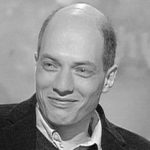 Alain de Botton
Alain de Botton John Bowers
John Bowers Stephen Briganti
Stephen Briganti Des Browne
Des Browne Mukti Jain Campion
Mukti Jain Campion Paul Canoville
Paul Canoville Gus Casely-Hayford
Gus Casely-Hayford Michael Cashman
Michael Cashman Saimo Chahal
Saimo Chahal Reeta Chakrabarti
Reeta Chakrabarti Shami Chakrabarti
Shami Chakrabarti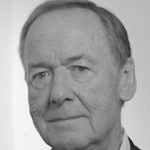 Stephen Claypole
Stephen Claypole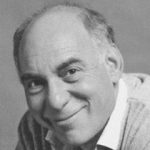 Robin Cohen
Robin Cohen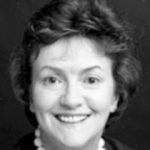 Linda Colley
Linda Colley David Crystal
David Crystal Angélica Dass
Angélica Dass Prakash Daswani
Prakash Daswani Sandie Dawe
Sandie Dawe Navnit Dholakia
Navnit Dholakia Sherry Dobbin
Sherry Dobbin Ibrahim Dogus
Ibrahim Dogus Lloyd Dorfman
Lloyd Dorfman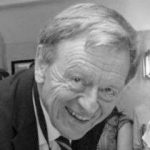 Alf Dubs
Alf Dubs John Dyson
John Dyson Damien Egan
Damien Egan Graeme Farrow
Graeme Farrow Daniel Franklin
Daniel Franklin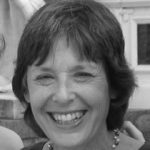 Edie Friedman
Edie Friedman Jitesh Gadhia
Jitesh Gadhia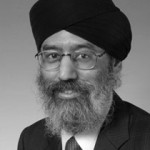 Manjit Singh Gill
Manjit Singh Gill Teresa Graham
Teresa Graham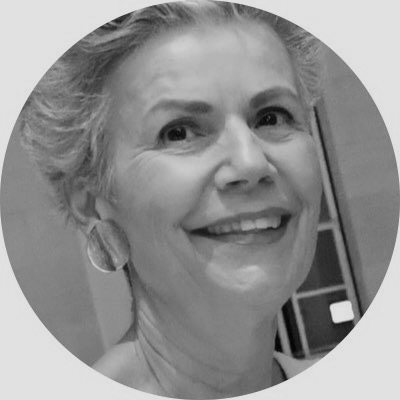 Ann Grant
Ann Grant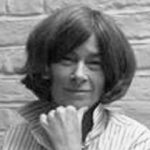 Susie Harries
Susie Harries Naomie Harris
Naomie Harris James Hathaway
James Hathaway David Hencke
David Hencke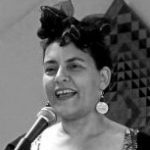 Sophie Herxheimer
Sophie Herxheimer Afua Hirsch
Afua Hirsch Michael Howard
Michael Howard Clive Jacobs
Clive Jacobs Kevin Jennings
Kevin Jennings Adrian Johns
Adrian Johns Shobu Kapoor
Shobu Kapoor Malik Karim
Malik Karim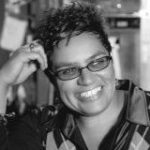 Jackie Kay
Jackie Kay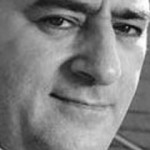 Ayub Khan-Din
Ayub Khan-Din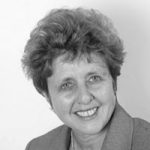 Francesca Klug
Francesca Klug Tony Kushner
Tony Kushner Kwasi Kwarteng
Kwasi Kwarteng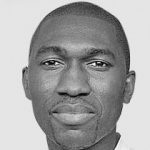 Kwame Kwei-Armah
Kwame Kwei-Armah David Kynaston
David Kynaston Brian Lambkin
Brian Lambkin Mark Lewisohn
Mark Lewisohn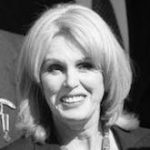 Joanna Lumley
Joanna Lumley Michael Mansfield
Michael Mansfield Sue McAlpine
Sue McAlpine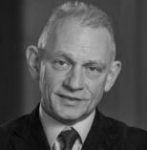 Neil Mendoza
Neil Mendoza Nick Merriman
Nick Merriman Munira Mirza
Munira Mirza Abigail Morris
Abigail Morris Hugh Muir
Hugh Muir Tessa Murdoch
Tessa Murdoch Sandy Nairne
Sandy Nairne Bushra Nasir
Bushra Nasir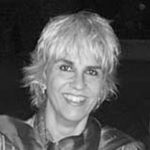 Susheila Nasta
Susheila Nasta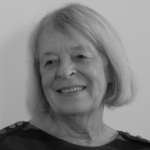 Eithne Nightingale
Eithne Nightingale John O’Farrell
John O’Farrell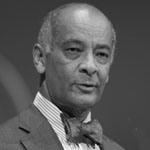 Kenneth Olisa
Kenneth Olisa Kunle Olulode
Kunle Olulode Julia Onslow-Cole
Julia Onslow-Cole John Orna-Ornstein
John Orna-Ornstein Sameer Pabari
Sameer Pabari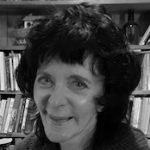 Ruth Padel
Ruth Padel Panikos Panayi
Panikos Panayi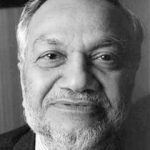 Bhikhu Parekh
Bhikhu Parekh Nikesh Patel
Nikesh Patel David Pearl
David Pearl Caryl Phillips
Caryl Phillips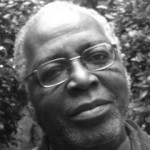 Mike Phillips
Mike Phillips Trevor Phillips
Trevor Phillips Sunand Prasad
Sunand Prasad Kavita Puri
Kavita Puri Charles Rix
Charles Rix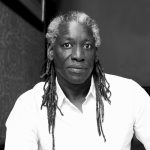 Trevor Robinson
Trevor Robinson Aubrey Rose
Aubrey Rose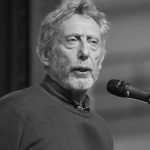 Michael Rosen
Michael Rosen Cathy Ross
Cathy Ross Salman Rushdie
Salman Rushdie Jill Rutter
Jill Rutter Philippe Sands
Philippe Sands Sathnam Sanghera
Sathnam Sanghera Konrad Schiemann
Konrad Schiemann Richard Scott
Richard Scott Stephen Sedley
Stephen Sedley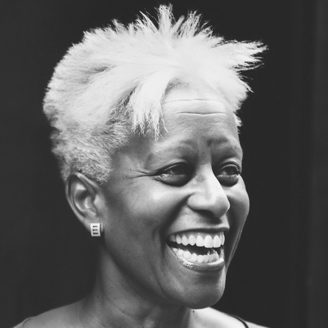 Maggie Semple
Maggie Semple Babita Sharma
Babita Sharma Nikesh Shukla
Nikesh Shukla Jon Snow
Jon Snow Sonia Solicari
Sonia Solicari Robert Soning
Robert Soning David Spence
David Spence Danny Sriskandarajah
Danny Sriskandarajah Stelio Stefanou
Stelio Stefanou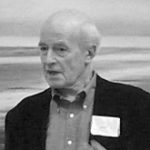 Dick Taverne
Dick Taverne Jane Thompson
Jane Thompson Robert Tombs
Robert Tombs Rumi Verjee
Rumi Verjee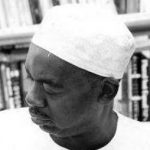 Patrick Vernon
Patrick Vernon Edmund de Waal
Edmund de Waal Iqbal Wahhab
Iqbal Wahhab Yasmin Waljee
Yasmin Waljee David Warren
David Warren Iain Watson
Iain Watson Debbie Weekes-Bernard
Debbie Weekes-Bernard Henning Wehn
Henning Wehn Nat Wei
Nat Wei Janet Whitaker
Janet Whitaker Gary Younge
Gary Younge
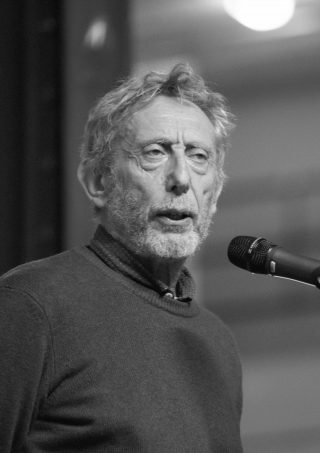
Michael Rosen
Michael Rosen was born in 1946 in North London. One of the best-known figures in the children’s book world, he is renowned for his work as a poet, performer, broadcaster and scriptwriter. As an author and by selecting other writers’ works for anthologies he has been involved with over 140 books. He lectures and teaches in universities on children’s literature, reading and writing. Michael is a familiar voice to BBC listeners and is currently presenting Word of Mouth, the magazine programme that looks at the English language and the way we use it. He visits schools with his one-man show to enthuse children with his passion for books and poetry. He was one of the first poets to make visits to schools throughout the UK and has also visited schools throughout the world.
Michael Rosen started writing poetry when he was twelve years old, creating satirical poems about people he knew. His parents, who were both teachers and distinguished educators, were from the Jewish East End tradition, their parents and/or grandparents coming from Poland/Russia/Romania.
He went to various state schools in Pinner, Harrow and Watford and by the time he was sixteen he was an avid poetry reader, especially enjoying DH Lawrence’s poems and James Joyce’s Portrait of the Artist as a Young Man. He started to write ‘deadly serious’ poems about things he had done when he was much younger, about girls and about ‘nature.’ In the sixth form he was introduced to the work of Gerard Manley Hopkins. Although he tried to write in a similar style, the results, he says, ‘were incomprehensible and very boring.’
Michael attended Middlesex Hospital Medical School for a year but quickly transferred to Wadham College, Oxford to read English. At Oxford, he started to realise his ambition of acting (as well as writing and directing). Michael began looking outside the recommended reading to contemporary working class ballads. He retains a passion for street rhymes, popular songs and folk stories. Most of Michael’s books are considered to be for children but he started his career as a writer with a play, Backbone, that went on to the Royal Court in 1969. His next stop was the BBC, where he worked on Play School, Schools TV and radio dramas until 1972 when he went freelance. He wrote poems about his childhood published in 1974 as Mind Your Own Business.
He quickly established himself with his collections of humorous verse for children, including: Wouldn’t You Like to Know, You Tell Me and Quick, Let’s Get Out of Here.
Poetry critic Morag Styles has described him as “one of the most significant figures in contemporary children’s poetry”. He was, she says, one of the first poets “to draw closely on his own childhood experiences … and to ‘tell it as it was’ in the ordinary language children actually use”. Michael Rosen’s writing for children appeals to all ages. He writes non-fiction, novels, picture books, retells classics and stories from other cultures as well as writing poetry. He has been shortlisted for and won many awards. You Can’t Catch Me won the Signal Poetry Award in 1982 and such is the enduring appeal of the poems that the book was re-issued in 2006 with Don’t Put Mustard in the Custard as Mustard, Custard, Grumble Belly and Gravy, illustrated by Quentin Blake (Bloomsbury). His classic picture book We’re Going on a Bear Hunt, illustrated by Helen Oxenbury (Walker Books), won the Nestle Smarties Grand Prize in 1989. The English Association awarded Michael Rosen’s Sad Book, illustrated by Quentin Blake (Walker Books), an Exceptional Award for the Best Children’s Illustrated Books of 2004, in the 4–11 age range. The book deals with bereavement, and followed the publication, in 2002, of Carrying the Elephant: A Memoir of Love and Loss (Penguin) which was published after the death of his son Eddie (who features as a child in much of Rosen’s earlier poetry) from meningitis in 1999. In 2004, This Is Not My Nose: A Memoir of Illness and Recovery, an account of his ten years with an undiagnosed underactive thyroid was published by Penguin.
Michael’s recent publications illustrate the range of his output and interests and include books about Shakespeare and Dickens and a Selected Poems (Penguin), which includes some previously published poems, some poems for children and some new work edited so that the book follows a chronological sequence from his early childhood to present day.
If you’re interested in reading about Michael’s family and the first 23 years of his life, he has written a memoir called So They Call You Pisher, published by Verso Books.

